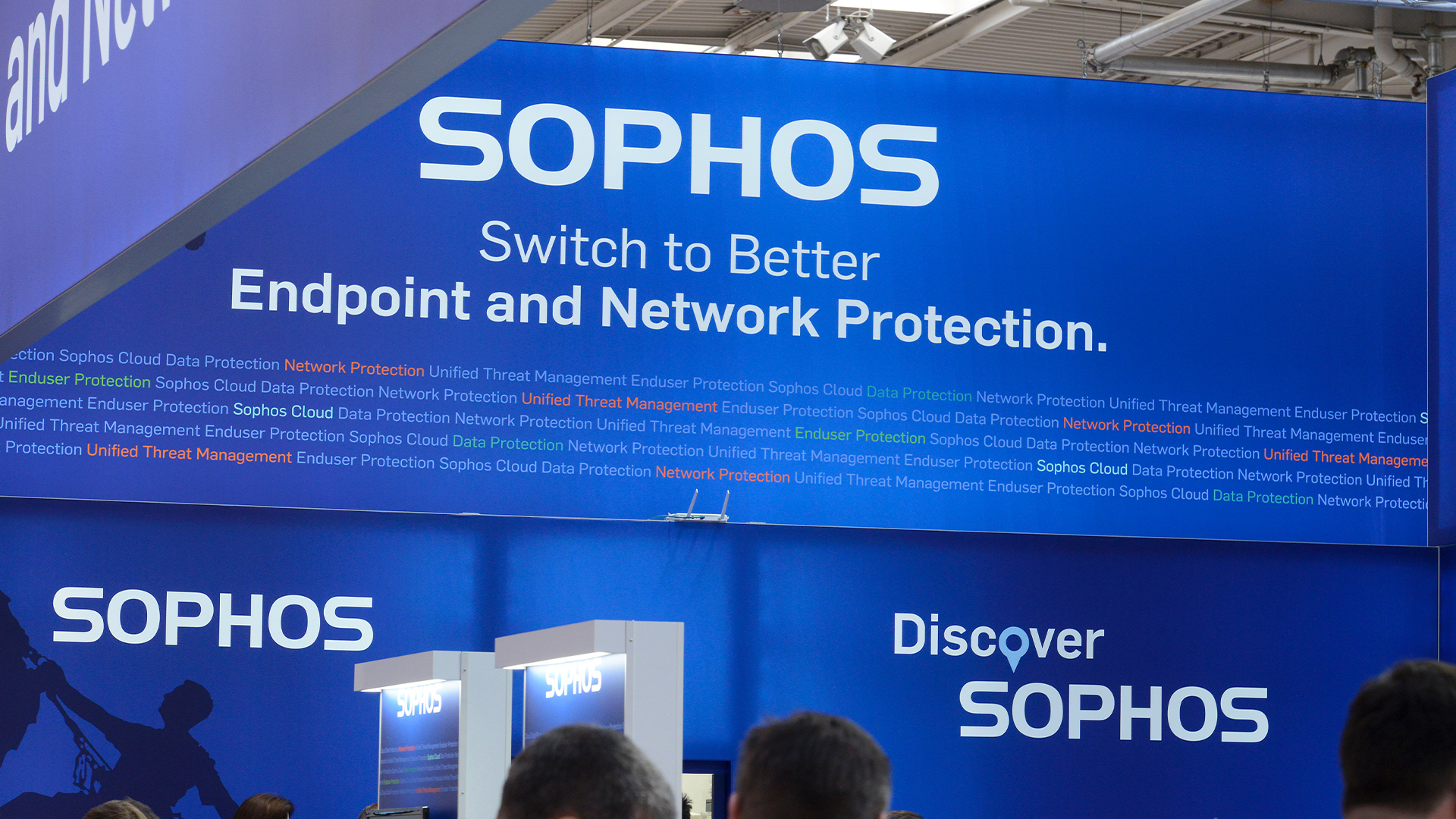Security researcher slams human malware 'infection'
New research where a scientist claimed to be infected with a computer virus has been described as "nonsense".


Sign up today and you will receive a free copy of our Future Focus 2025 report - the leading guidance on AI, cybersecurity and other IT challenges as per 700+ senior executives
You are now subscribed
Your newsletter sign-up was successful
University of Reading research in which a scientist claimed to have become the first person to be infected by a computer virus has been labeled as "nonsense" by a security expert.
Dr Mark Gasson, from the university's School of Systems Engineering, had inserted a contaminated computer chip into his hand to explore "human enhancements" and possible risks of implantable devices.
From an IT security standpoint, the study's suggestion that there are potential threats with such implants is unfounded, according to Sophos senior technology consultant Graham Cluley.
He told IT PRO that the university's department has been "very clever at getting media attention."
Humans need not be worried about the new research, Cluley said, adding that the study is simply "scaremongering".
As for why the university carried out the tests, Cluley suggested that the institution may have simply been after publicity. "Maybe the best thing for all of us to do would be to ignore them," he said.
Dr Gasson had a high-end Radio Frequency Identification chip implanted into his left hand last year and once infected the chip corrupted the main system communicating with it.
Sign up today and you will receive a free copy of our Future Focus 2025 report - the leading guidance on AI, cybersecurity and other IT challenges as per 700+ senior executives
In a statement, Dr Gasson said people need to be wary of the new threats that will come with implants.
"By infecting my own implant with a computer virus we have demonstrated how advanced these technologies are becoming and also had a glimpse at the problems of tomorrow," he added.
In a blog post, Cluley said that the chances of people or animals becoming infected with a computer virus are extremely remote.
"Frankly, I've got more chance of being flattened by a falling grand piano than I have of getting my dog virus-infected next time I take him to the vets," he added.
Tom Brewster is currently an associate editor at Forbes and an award-winning journalist who covers cyber security, surveillance, and privacy. Starting his career at ITPro as a staff writer and working up to a senior staff writer role, Tom has been covering the tech industry for more than ten years and is considered one of the leading journalists in his specialism.
He is a proud alum of the University of Sheffield where he secured an undergraduate degree in English Literature before undertaking a certification from General Assembly in web development.
-
 AWS CEO Matt Garman isn’t convinced AI spells the end of the software industry
AWS CEO Matt Garman isn’t convinced AI spells the end of the software industryNews Software stocks have taken a beating in recent weeks, but AWS CEO Matt Garman has joined Nvidia's Jensen Huang and Databricks CEO Ali Ghodsi in pouring cold water on the AI-fueled hysteria.
-
 Deepfake business risks are growing
Deepfake business risks are growingIn-depth As the risk of being targeted by deepfakes increases, what should businesses be looking out for?
-
 Ransomware victims are getting better at haggling with hackers
Ransomware victims are getting better at haggling with hackersNews While nearly half of companies paid a ransom to get their data back last year, victims are taking an increasingly hard line with hackers to strike fair deals.
-
 96% of SMBs are missing critical cybersecurity skills – here's why
96% of SMBs are missing critical cybersecurity skills – here's whyNews The skills shortage hits SMBs worse as they often suffer from a lack of budget and resources
-
 Sophos Firewall Virtual review: Affordable network protection for those that like it virtualized
Sophos Firewall Virtual review: Affordable network protection for those that like it virtualizedReviews Extreme network security that's cheaper than a hardware appliance and just as easy to deploy
-
 MSPs are struggling with cyber security skills shortages
MSPs are struggling with cyber security skills shortagesNews A shortage of tools and difficulties keeping pace with solutions were also ranked as key issues for MSPs
-
 Nearly 70 software vendors sign up to CISA’s cyber resilience program
Nearly 70 software vendors sign up to CISA’s cyber resilience programNews Major software manufacturers pledge to a voluntary framework aimed at boosting cyber resilience of customers across the US
-
 Sophos and Tenable team up to launch new managed risk service
Sophos and Tenable team up to launch new managed risk serviceNews The new fully managed service aims to help organizations manage and protect external attack surfaces
-
 Ransomware groups are using media coverage to coerce victims into paying
Ransomware groups are using media coverage to coerce victims into payingNews Threat actors are starting to see the benefits of a more sophisticated media strategy for extracting ransoms
-
 Shrinking cyber attack “dwell times” highlight growing war of attrition with threat actors
Shrinking cyber attack “dwell times” highlight growing war of attrition with threat actorsNews While teams are becoming more proficient at detecting threats, attackers are augmenting their strategies
